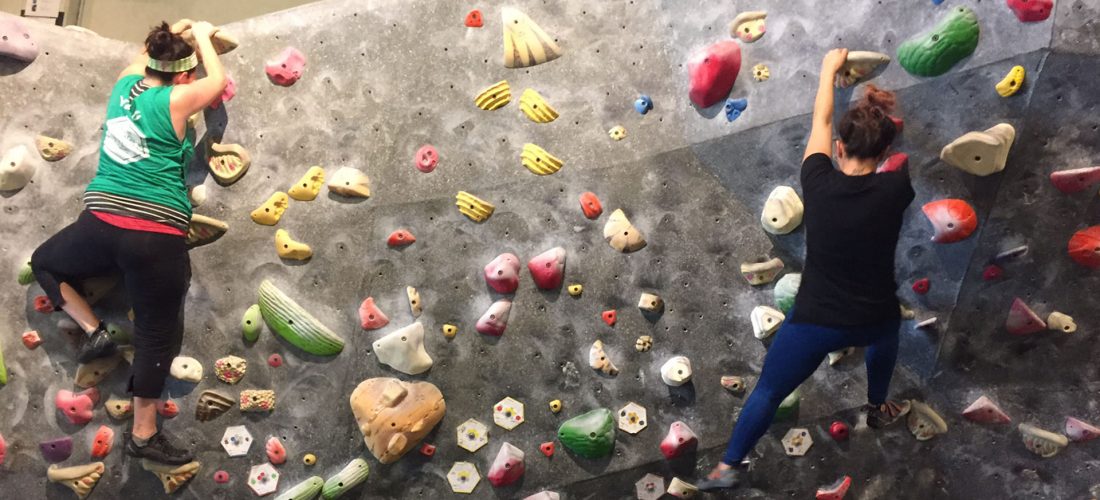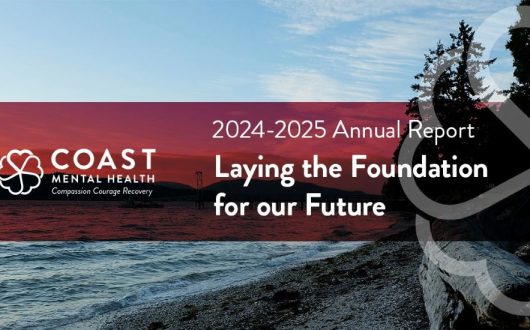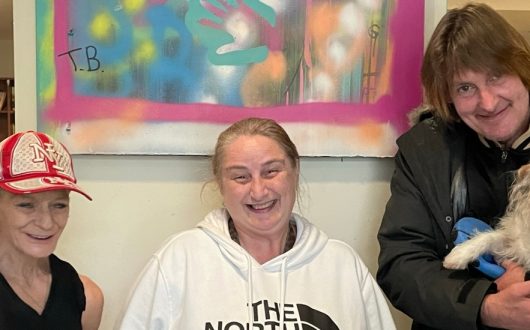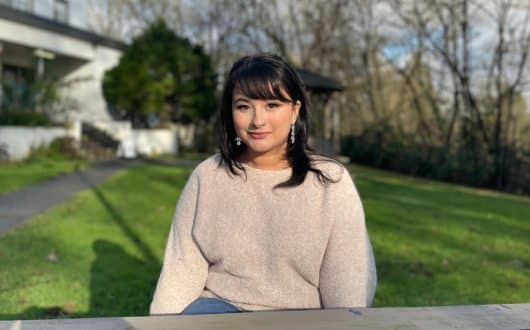Culinary Skills Training and Work Experience Program
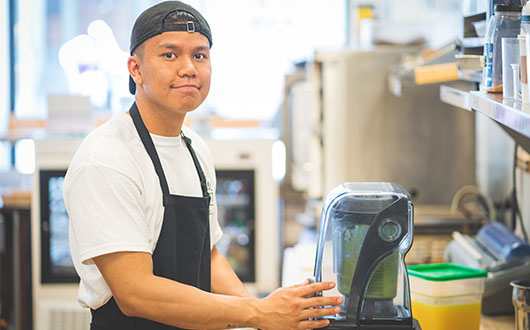
“Thank you for everything you’ve done. You’ve helped me become me again.”
– A student of Coast Mental Health’s Culinary Program
Coast Mental Health’s Culinary Skills Training and Work Experience Program for Youth builds confidence through teaching essential employment and life skills. Youth are provided with a highly-supported two-phase program: phase one is a five-week intensive culinary and life skills training course, with extensive assessments, goal setting, and support sessions; phase two involves a hands-on work experience in Coast Mental Health’s social enterprise, Social Crust Café. Many participants have gone on to employment in the food industry or to pursue additional training with confidence, all with improved mental health recovery outcomes.
Unlike training programs for the public, at every stage in the program participants receive the specialized mental health support they need to succeed, including counselling and specialized career planning. All participants in the program come to Coast Mental Health with significant barriers to employment including moderate to severe mental illness. Many youth referred to our program are also precariously housed or homeless, or entirely dependent on social assistance or family members to cover the necessities of life. One of the goals of our program is to provide participants with the life and professional skills they need to imagine and work towards a brighter future.
Young Adult Peer Support Program
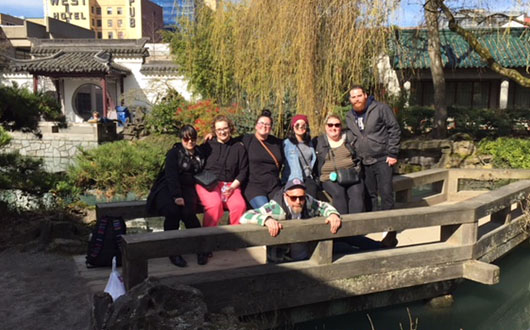
Peer Support is a cornerstone of community-based mental health care. Peer Support Workers use their lived experience with mental illness to empower and support others on the path to recovery. Made possible thanks to the generosity of our supporters, Coast Mental Health has developed a peer support training program customized for the unique needs of young adults living with mental illness. Often coming to Coast Mental Health without healthy support networks, our Young Adult Peer Support workers benefit from learning the importance of and skills involved in building and maintaining healthy support networks as part of their continuing recovery.
The training program consists of ten weeks of leading-edge in-classroom training, and a three-month practicum. Graduates of our Young Adult Peer Support Workers can be found in a variety of Coast Mental Health sites, as well as at other community agencies connecting with their peers in a variety of ways:
- Supporting youth-specific Coast Mental Health housing and programs such as Renfrew House, the Culinary Training Program, and the Youth Social Educational Clubhouse Program;
- Joining the Foundry team as peer support workers for the Granville Youth Health Clinic; and
- Working with community partners such as Directions Youth Resource Centre, the Y-Beat Vocational program, the Art Studio, Gastown Vocational, Raincity Housing, and mental health teams.
Many of our Young Adult Peer Support Workers have gone on to pursue further educational training, such as undergraduate degrees in social work or psychology, or coursework to become mental health workers.
The Coast Clubhouse Young Adult Program
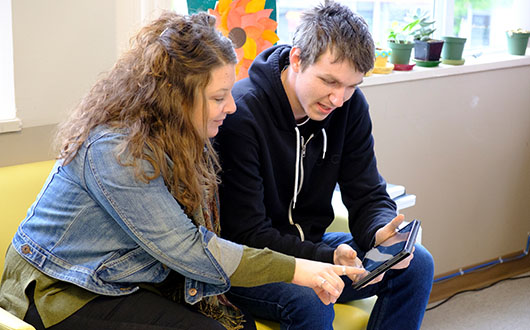
“I come here because it’s a safe place where people don’t judge you for your mental illness. There aren’t many places like that around. People don’t understand.”
-Young Adult Program Member
The aim of the Coast Mental Health Clubhouse Young Adult Program is to provide essential life skills to youth, including social, communication, and leadership skills, to increase confidence and allow participants to develop lasting relationships. Program activities include a social group, educational group, and one-on-one goal setting. Through these activities, youth develop the skills they need to improve relationships with peers, develop leadership skills, and enhance basic life skills such as communication, interpersonal relationships, life choices, money management and nutrition. These elements provide young people with the confidence they need to believe that they can have a bright future, and the skills and support they need to make it a reality.
